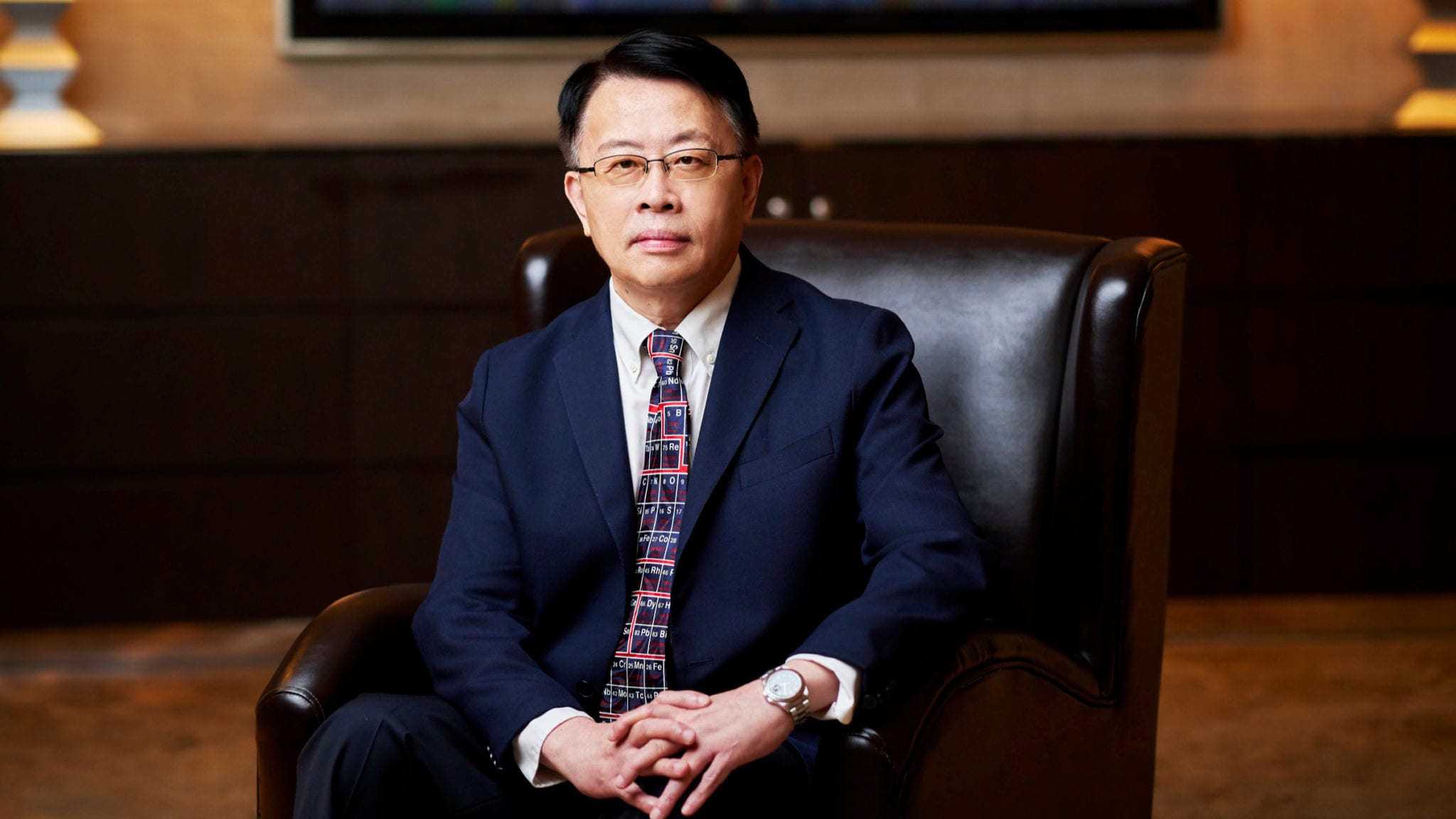
Jingwu Zang, I-Mab founder and chairman
#ASCO21: AbbVie-partnered Chinese biotech with first-in-class ambitions showcases early data on CD73 antibody
Weeks after Gilead-partnered Arcus whipped up some cheers from analysts around its small molecule CD73 inhibitor — presenting preliminary data at AACR that “exceeded expectations …
Sign up to read this article for free.
Get free access to a limited number of articles, plus choose newsletters to get straight to your inbox.